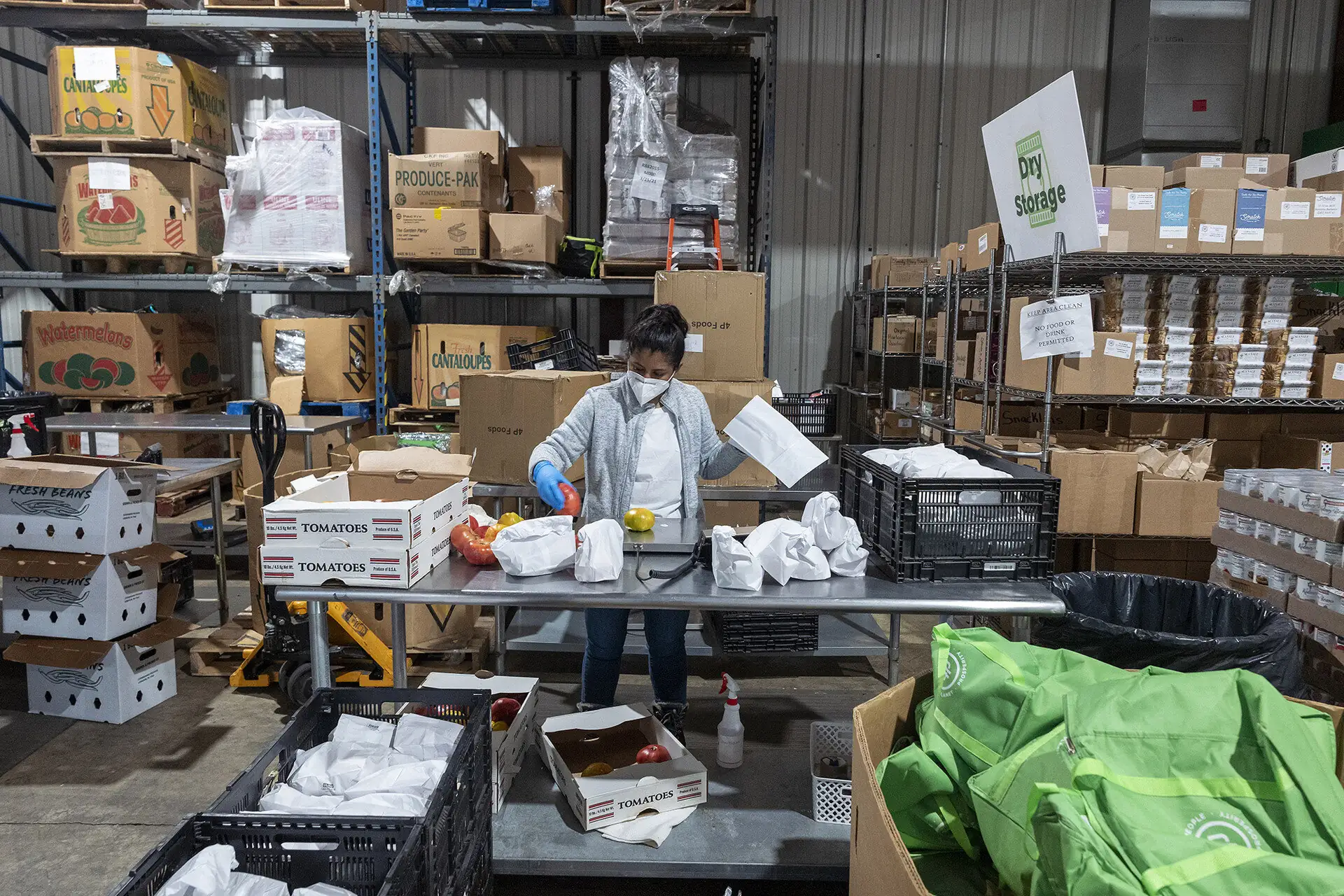
Fruit and vegetable prescription programs are growing all across the country. At Wholesome Wave Georgia, we believe that food is medicine, and we’re very proud to support this concept in Georgia through our Georgia Food for Health program.
The Georgia Food For Health (GF4H) Program promotes affordable access to fruits and vegetables and healthy eating in under-served communities through partnerships with healthcare providers, community organizations and fresh produce retailers. Through the program, healthcare providers give families innovative prescriptions that can be spent on fruits and vegetables at participating farmers markets.
Through 2019, over 200,000 worth of fruit and veggie prescriptions have been fulfilled!
This article does a great job of highlighting a similar program in Virginia, as well as the short-term and long-term benefits.
Audrey Oliver knows the difference between a store-bought tomato and one fresh from the farm. Nowadays, the fresh ones show up on her doorstep every other week.
That’s because for Oliver, 66, food literally is medicine. She receives her box of fruits and vegetables as part of a “farmacy” movement that treats fresh produce as a way to promote health just like a pill or other prescription. She says she eats the fresh ones right away; the flat-tasting tomatoes from the store sometimes just sat and spoiled.
“When we were kids, the farmers in the country brought crops to town and sold it. I had access to fresh farm food. I know the freshness, I know the taste,” she said during a conversation this summer at a social services clinic in a low-income housing project in Charlottesville called Westhaven. The food deliveries, provided by a group called Local Food Hub in partnership with several area health clinics, helped her change her diet, to eat more healthfully. During the pandemic, the program was broadened to help address emergency food needs, but even people who aren’t getting an actual food prescription get the health benefits.
“I’m very conscious of it,” Oliver said. These days, she added, if she feels a bit off, she’s more likely to reach for a healthy bite in the fridge than a bottle in the medicine cabinet.
The idea of “produce prescribing” has been around for several years but it’s been stuck in a niche. Health systems face legal limits and financial disincentives to spend money on carrots and tomatoes; the food system is largely siloed off from the health system. The food-health ventures that have survived often depend on philanthropy and grants.



